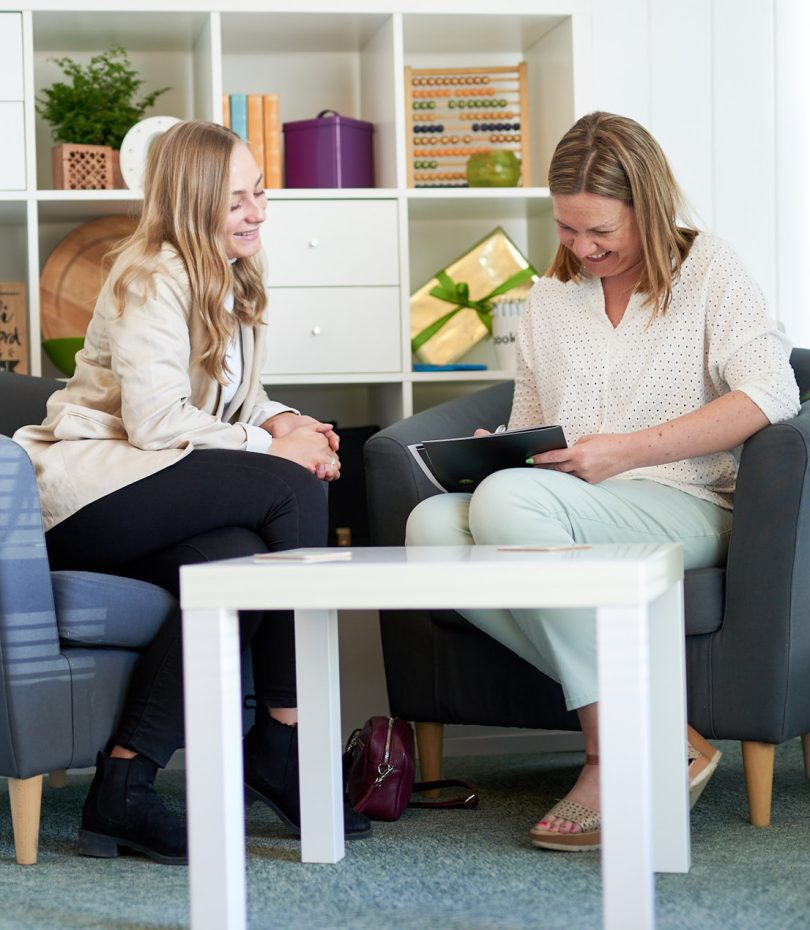
The ‘Super-deduction’, announced by the Government in spring 2021 as part of its ongoing business support measures to combat Covid-19’s huge commercial impact, allows companies to claim a 130% first year allowance (FYA) super-deduction on any capital investments made for qualifying new plant and machinery assets. In simple terms, and in HM Treasury’s own words, “for every pound a company invests, their taxes are cut by 25p.”
The move, announced as an internationally competitive offering in the Budget, will see companies benefit from the 130% allowance until 31 March 2023, in a bid to re-address the UK’s historically low levels of business investment compared to many other countries. It’s a highly beneficial measure for many firms that have established themselves during the pandemic.
To give an example, if a company were to spend £1m on qualifying investments during the time that this scheme is in place, that would deduct £1.3m from taxable profits, saving the company up to 19% of that large amount on its corporation tax bill – close to £250,000.
Running alongside ‘super-deduction’ is a 50% FYA for expenditure incurred on new and unused special rate pool items of plant or machinery, such as thermal insulation and integral features.
What is counted as ‘plant and machinery’?
The majority of tangible capital assets necessary for a business to carry out its day-to-day operations are considered to be plant and machinery, for the purposes of capital allowance.
Assets such as, but not limited to, computer equipment and servers, office chairs and desks, electric vehicle charge points, solar panels and tractors, lorries and vans, all theoretically fall under the ‘super-deduction’ remit, although this will differ from business to business and financial advice should be sought before making any large purchases.
The super deduction can even, on occasion, include a proportion of the construction outgoings on new or refurbished buildings necessary to company operations.
Do second hand asset purchases count?
It’s important to note that both super deduction and the 50% FYA are only available for new and unused plant machinery – the acquisition of any second-hand assets does not fall under this scheme, which has a key underpinning goal of promoting economic growth and offsetting the vast impact that Covid has had on so many industries.
Is anyone excluded from this?
Both of these support measures are only being made available to UK companies – unfortunately, that does not include sole traders, partnerships or LLPs. The relief measures are also only available for any contracts or purchase agreements entered into after the date of 3 March 2021. Relief is for the accounting periods of 1 April 2021 to 31 March 2023 inclusive.
Can I claim super deduction on a business vehicle?
Both schemes exclude ‘long-life assets’, which includes cars. However, other vehicle types, provided they are deemed to be principally used for business purposes – so vans, motorbikes, lorries and others – are covered by the scope of these measures.
How can I benefit from this?
The UK Government’s unprecedented invention during the course of the pandemic is providing a rare opportunity for fledgling companies to make essential, future-focused capital purchases now and benefit from sizeable tax savings later. This level of extra support won’t last forever.
If you’re in the early days of starting out and have any questions on the above, we are here to help you and your business to grow. Contact us and we’ll tell you everything you need to know.
Our friendly and helpful approach to accountancy, ensures that you understand and are in tune with your finances. Our committed team will communicate with you every step of the way so that you understand the position of your financial affairs – get in touch today.
